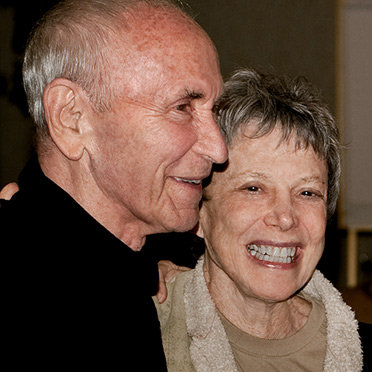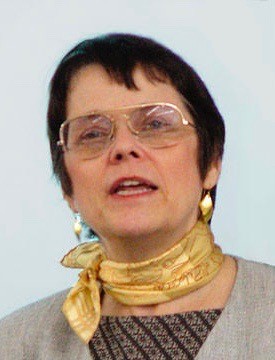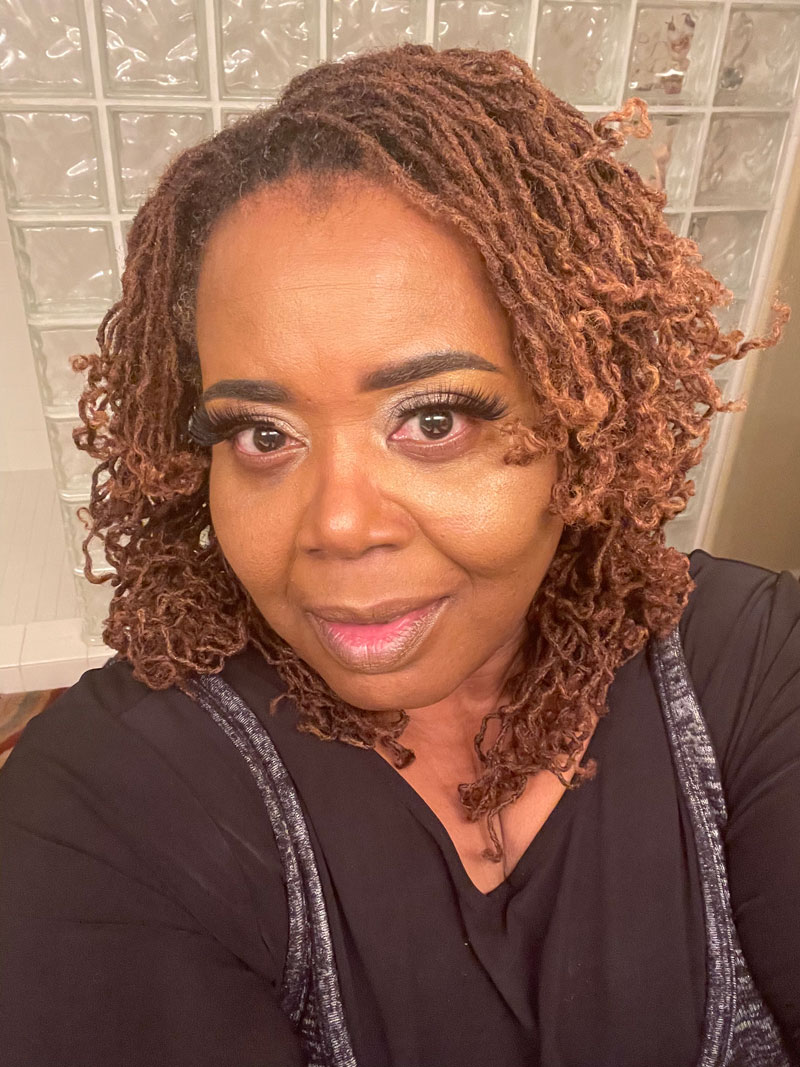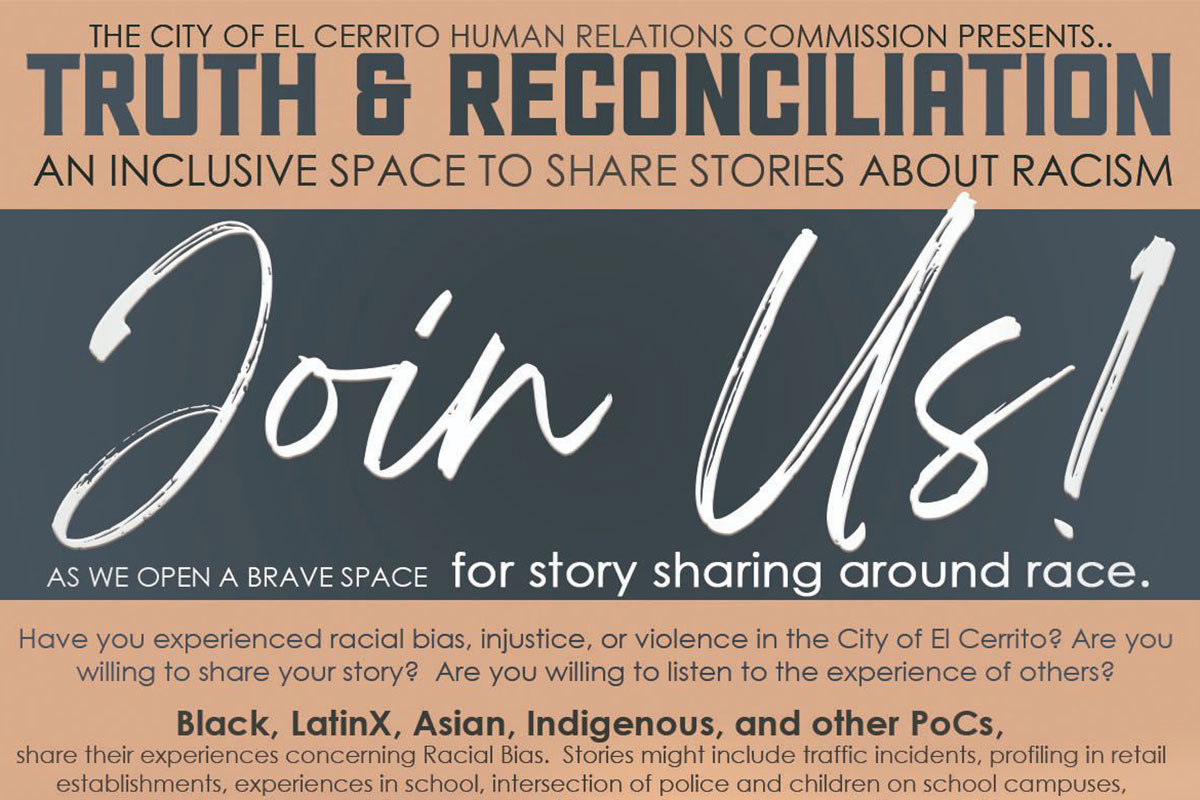Last May, following the death of George Floyd, the residents of El Cerrito — a culturally diverse city of 25,000 located north of the Bay Area — demanded that the City Council initiate a communitywide discussion on race and social justice.
To lead the discussion, the Council turned to the municipality’s Human Rights Commission.
Some might have been intimidated by the task, but Commission member Mina Wilson knew just how to proceed. She urged her colleagues to use a “listening protocol” that would “allow people to share their stories and instruct folks not only how to listen deeply, but also listen to the texture, emotion and impact of the stories being shared.”
Wilson, who works as Principal Consultant at the health care giant Kaiser Permanente, had, in fact, assisted in the development of just such an instrument: A Transformative Listening Protocol (TLP), inspired by the transformative learning theories of the late Jack Mezirow, former director of the Teachers College program now known as Adult Learning & Leadership Program.

TRANSFORMATIVE THEORIST The late TC faculty member Jack Mezirow, shown with his wife, Edee, sought to help people “recognize and reassess the structure of assumptions and expectations which frame our thinking, feeling and acting.” (Photo: TC Archives)
[Read a story about Jack Mezirow’s life and work.]
“Transformative listening is about opening your mind to different perspectives by hearing from other people and thinking from their point of view as well as your own,” says Professor of Education Victoria Marsick, the program’s current Director, and the TLP’s co-creator.
Transformative listening is about opening your mind to different perspectives by hearing from other people and thinking from their point of view as well as your own.
— Victoria Marsick, Professor of Education and Director of TC's Program in Adult Learning & Leadership
Each TLP session allows 20 minutes for up to three community members to share a story or experience. The group in attendance is then invited to discuss the issues, implications and emotions raised by each story — and, more importantly, not to hold back.
Listeners are asked: “What and whom do you see? Hear? Smell? Feel? Taste? Sense? What are you feeling? What do you perceive the storyteller is feeling?”

“A STORY ISN'T AN OPINION” TC’s Victoria Marsick believes stories offer the opportunity to absorb others’ experiences and perspectives. (Photo: TC Archives)
At the first TLP session in El Cerrito, a 97-year-old retired Black physician recalled that when he moved his family to the city in the 1960s, they were pointedly ignored by the “welcome wagon” that greeted other newcomers. The quality of the public schools had sold the doctor on the community, but, because his children were subjected to poor treatment, he eventually enrolled them in a private school.
The story prompted an honest discussion of racial profiling, the Black experience in El Cerrito schools and other topics that Wilson fully expects to remain relevant for the foreseeable future.
“The protocol is not an academic exercise as much as it is a story-telling exercise focused on listening that exposes people to different experiences and perspectives on life,” she says.

ALL ABOUT LISTENING Mina Wilson, a member of El Cerrito's Human Rights Commission, helped develop the transformative listening protocol. (Photo: TC Archives)
The city’s police chief and mayor are among those who show up regularly to hear what residents have to say, Wilson adds, and “they are totally engaged.”
So is David Weinstein, President of the El Cerrito Historical Society who, after listening to his neighbors, has taken steps to augment the city’s official history in order to recognize the achievements and contributions of Black residents.
Weinstein calls the listening protocol “one of the most moving and enlightening experiences I’ve had in recent years. Just amazing."
The TLP grew out of discussions at a 2016 Transformative Learning Conference that coincided with the presidential campaign that installed Donald Trump in the White House.
The brainstorming led Marsick and a team of TLP researchers and scholars to author a paper, “Listening as the Threshold: Rediscovering a third space for connection and transformation,” which describes the parameters for the Transformative Learning Protocol.
The researchers included Marguerite Welch, Education Program Director at St. Mary’s College School of Education Program in California, who had taught and advised Mina Wilson when Wilson was a St. Mary’s graduate student. Welch added Wilson to an international team of scholars honing “actionable uses” for the listening protocol. The project in 2018 brought Wilson to TC for the Transformative Learning Conference.
At that point, the TLP largely focused on academic applications — but Wilson, a healthcare professional, had other ideas.
To have these conversations and work this way together is definitely not the norm, but I hope this method of deep engagement helps us to challenge ourselves in ways that serve the greater collective.
— Mina Wilson, El Cerrito (California) Human Rights Commission member
“I wanted to use it in communities, because that’s where I play,” says Wilson, whose father, a civil rights attorney, founded the El Cerrito Human Rights Commission. “To have these conversations and work this way together is definitely not the norm, but I hope this method of deep engagement helps us to challenge ourselves in ways that serve the greater collective.”
[Read an interview with Mina Wilson in The Journal of Transformative Learning.]
Marsick, too, is hopeful that the listening protocols could help broker broader dialogue and mutual understanding in a nation deeply divided by politics, income, race and other differences. TLP has been introduced in colleges and universities in the U.S, Thailand, Canada Brazil and Italy, and Marsick believes it may find its way into earlier grades.
“I don’t see any reason why it couldn’t start in primary school,” she says. “It’s a step toward teaching kids that a story isn’t necessarily an opinion, but, rather, that listening exposes us to different experiences and perspectives.”
After testing TLP in pilot studies at conferences and with students, Marsick and her colleagues are preparing a proposal for more widespread testing through a group of faculty who represent different countries.
The ultimate results could “offer a portal for others to open up their hearts and minds to this work,” she says. Getting a trial set up will be a “long, hard slog,” she says — but, much like the effort of understanding one’s fellow human beings, “we have to do it.”
